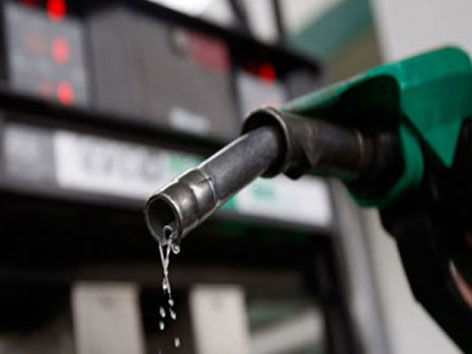ISLAMABAD: The government is expected to limit the relief provided to consumers by not fully reducing the price of petrol and potentially increasing the petroleum levy (PL) to generate additional revenue. New oil prices to be effective from July 16, 2023.
According to reliable sources, the government is currently charging Rs 55 per litre as petroleum levy on petrol. The government may raise this to Rs 60 per litre, marking the highest levy in history. This decision comes despite the calculated decline in petrol prices by Rs 10.08 per litre, primarily due to the stability of the rupee against the dollar following the approval of an IMF package.
Sources in the petroleum division said that Pakistani consumers may experience a decrease in petrol prices by Rs 10.08 per litre, providing some relief to motorbike and car owners who rely on petrol as an alternative to CNG. However, the lack of availability of CNG, particularly in Punjab, has led to high demand for petrol. The situation has been exacerbated by the smuggling of Iranian petrol, which has negatively affected the legal oil industry in Pakistan.
In contrast, the price of high-speed diesel (HSD) is estimated to surge by Rs 3.66 per litre in the second half of July, posing challenges for consumers and industries alike. The cost of kerosene oil is expected to see a hike of 73 paisa per litre, while light diesel oil (LDO) may experience an increase of Rs 1.43 per litre during the same period.
If approved, the decrease in petrol prices would result in an ex-depot price of Rs 251.92 per litre, compared to the current market rate of Rs 262 per litre. However, the price of diesel (HSD) could rise to an ex-depot price of Rs 264.16 per litre, surpassing the current market rate of Rs 260.50 per litre. These potential changes are anticipated to impact the lives of the masses, particularly of those relying on high-speed diesel for transportation and agriculture.
Moreover, kerosene prices are expected to witness a hike of Rs 0.73 per litre, reaching an ex-depot price of Rs 171.78 per litre. Similarly, light diesel oil (LDO) might experience an increase of Rs 1.43 per litre, bringing the ex-depot price to Rs 155.65 per litre. These adjustments could affect households that rely on kerosene for cooking and LDO for various industrial processes.
The proposed fluctuations in fuel prices highlight the challenges faced by consumers and industries, as they impact daily transportation costs, power generation expenses, and household budgets. The potential increase in the petroleum levy further burdens consumers, despite the partial relief in petrol prices. The final decision on the revised fuel prices will be made by the government, taking into consideration factors such as international oil prices, exchange rates, and local market conditions. The outcome of these decisions will nevertheless have a direct impact on the lives of the masses.





Investment is one of the best ways to achieve financial freedom. For a beginner there are so many challenges you face. It’s hard to know how to get started. Trading the Crypto market has really been a life changer for me. I almost gave up on crypto currency at some point not until I got a proficient trader Bernie Doran, he gave me all the information required to succeed in trading. I made more profit than I could ever imagine. I’m not here to converse much but to share my testimony, I invested $5000.00 and got back $50,500.00 within 5 days of investment. His strategies and signals are the best and I have gained more knowledge.
If you are new to cryptocurrency. You can reach to him on Telegram: BERNIE_FX ,through Gmail :BERNIEDORANSIGNALSGMAILCOM or his WhatsApp : +1424(285)0682
The appreciation of Pakistani Rupee was many days ago, why did they waited for 16 July. The price reduction has been implemented due to the Agreement of TLP (Tehreek Labbaik Ya Rasool Allah), which took place due to weeks long, Long March of TLP.
Thanks for Share post
Thanks sir share your blogpost